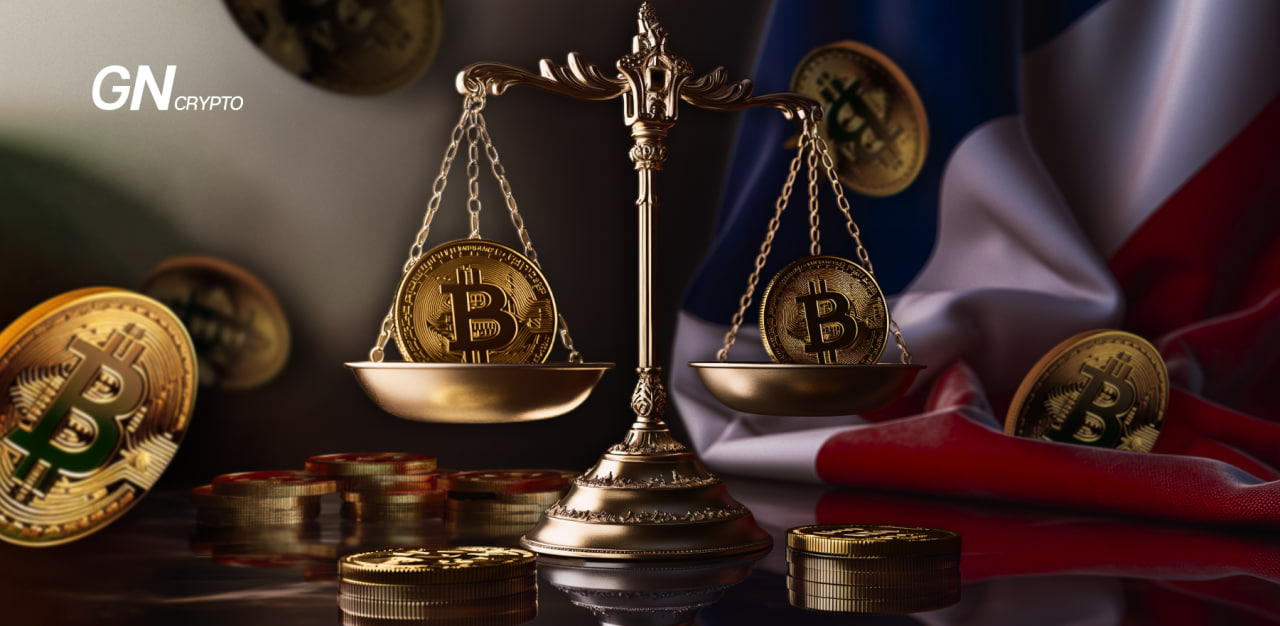Cryptocurrency Regulations in Taiwan

The Republic of China (Taiwan) remains steadfast in its goal of exerting influence over mainland China, viewing technological superiority as a critical strategy to surpass its ideological rival.
On this page
Though Taiwan is acknowledged as a leader among the “Asian Tigers” for its economic growth and investment allure, it still trails behind South Korea and Singapore in regulating virtual assets. It is only surpassed by Hong Kong, which closely aligns with China's more conservative stance, in the slow adoption of clear cryptocurrency regulations.
Crypto Regulations in Taiwan
Cryptocurrencies are not recognized as legal tender by the Central Bank of Taiwan (CBC), nor are they considered official currency. However, their use is not prohibited.
Taiwanese regulators still follow the guidelines set by a joint directive from the CBC and Taiwan's Financial Supervisory Commission (FSC) issued on December 30, 2013. This directive specifically addressed Bitcoin, the first cryptocurrency, categorizing it as a speculative “virtual commodity.”
For over a decade, the FSC has been the main regulator of Taiwan's cryptocurrency market.
During this time, the Commission has established several important regulations:
- In 2014, local banks were barred from accepting deposits in cryptocurrencies or providing services to exchange cryptocurrencies for fiat currencies.
- In August 2017, Initial Coin Offerings (ICOs) were equated with the sale and distribution of “securities.”
- On July 3, 2019, a regulation was passed that officially defined virtual assets with security-like features (security tokens) as “securities.”
- In January 2020, a new set of rules was introduced for digital payment providers with turnovers exceeding 30 million Taiwanese dollars ($920,250). These rules mandate that such companies must acquire a securities dealer license, maintain a minimum paid-up capital of 100 million Taiwanese dollars, and contribute a mandatory operational deposit of 10 million Taiwanese dollars to the state treasury. Furthermore, these platforms are required to implement a “real-name” system (similar to European KYC standards) and to daily transmit transaction data to the Taiwan Securities Depository and Clearing Corporation (TDCC).
- On July 4, 2022, the FSC imposed a ban on banks providing services for the purchase of crypto assets with credit cards, aligning such transactions with online gambling, futures, and options, all of which face similar prohibitions.
These directives from the FSC are largely restrictive and have done little to foster the sustainable development of the crypto-financial market.
Despite this restrictive environment, Taiwan still imposes taxes on revenues generated from transactions involving assets that fall within a legislative gray area.
Crypto Taxes in Taiwan
In Taiwan, there are currently no specific laws that directly govern the taxation of cryptocurrencies. Nevertheless, tax authorities enforce existing regulations applicable to cross-border transactions, e-commerce, and the sale of online services when addressing cryptocurrency transactions.
Income generated from cryptocurrency trading within Taiwan is considered locally earned and thus subject to income tax under the following conditions:
- Resident companies are taxed 20% on their net taxable income after allowable expense deductions.
- Resident individuals face a progressive income tax ranging from 5% to 40%, calculated based on their net taxable income.
- Foreign legal entities registered in Taiwan, such as cryptocurrency exchange branches, must include income from crypto transactions in their total taxable income and are taxed at a standard corporate rate of 20%.
- Foreign entrepreneurs who do not have a permanent establishment or business agent in Taiwan are required to appoint a tax accountant to file their tax returns, paying a 15% tax on their net taxable income from crypto activities.
Furthermore, Taiwanese regulators scrutinize transactions involving the conversion of virtual assets into currencies issued by mainland China, Hong Kong, and Macao. Engaging in such conversions, or providing mining services to citizens of these areas, can lead to severe penalties, including substantial fines and imprisonment.
This stance reflects a unique regulatory environment: while there are no specific laws or rules in Taiwan that regulate cryptocurrency mining or staking, both the tax authorities and the Financial Supervisory Commission generally overlook such activities—until it's revealed that a local miner has sold cryptocurrencies to a citizen of China.
The content on The Coinomist is for informational purposes only and should not be interpreted as financial advice. While we strive to provide accurate and up-to-date information, we do not guarantee the accuracy, completeness, or reliability of any content. Neither we accept liability for any errors or omissions in the information provided or for any financial losses incurred as a result of relying on this information. Actions based on this content are at your own risk. Always do your own research and consult a professional. See our Terms, Privacy Policy, and Disclaimers for more details.


























